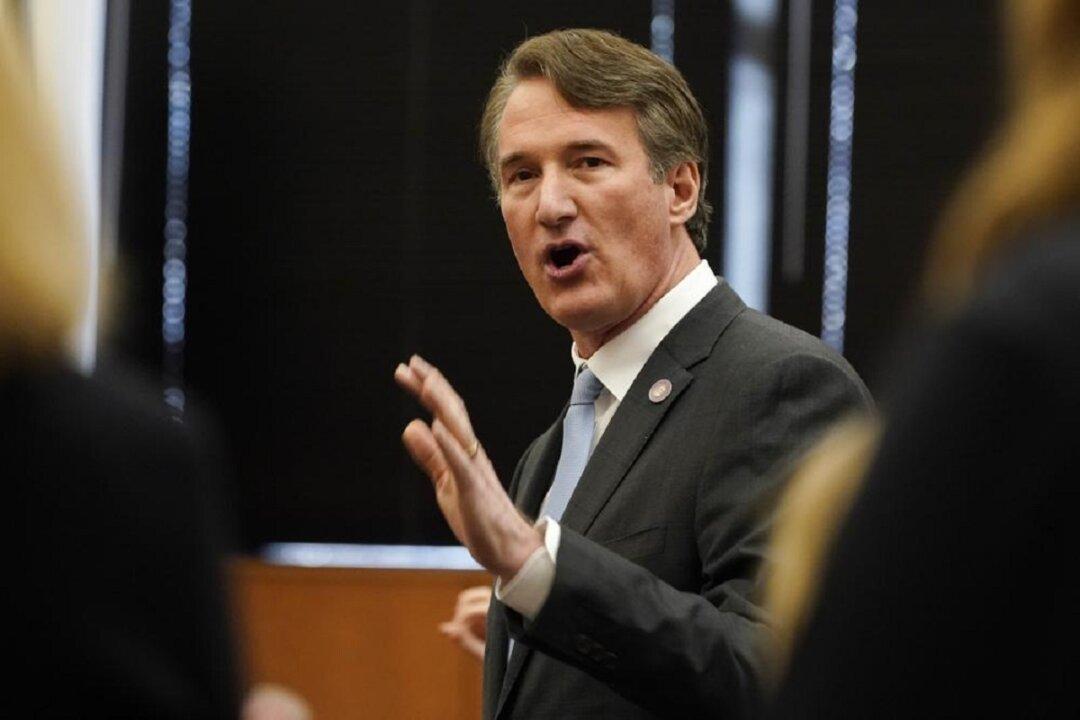Virginia Republican Gov. Glenn Youngkin called a Ford Motor plant proposal that he recently rejected a “Trojan horse” because the agreement would have potentially allowed the Chinese Communist Party (CCP) to have full access to the technology via Ford’s Chinese partner, Contemporary Amperex Technology Co., Limited (CATL).
Last month, Youngkin blocked Virginia from being considered for the site of Ford Motor Company’s battery manufacturing plant over national security concerns. The automaker has an ongoing agreement with CATL to supply batteries to Ford’s electric vehicles.





